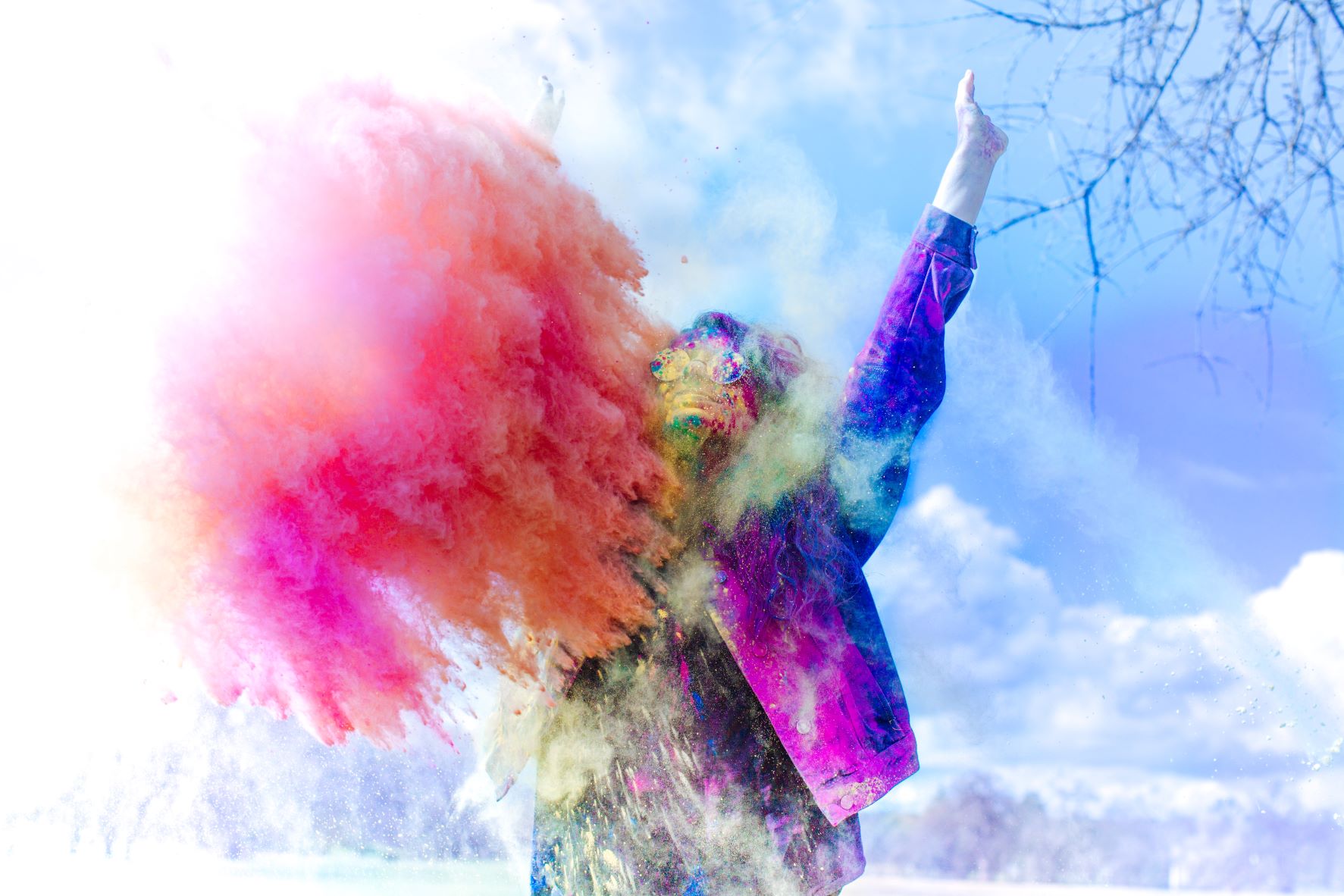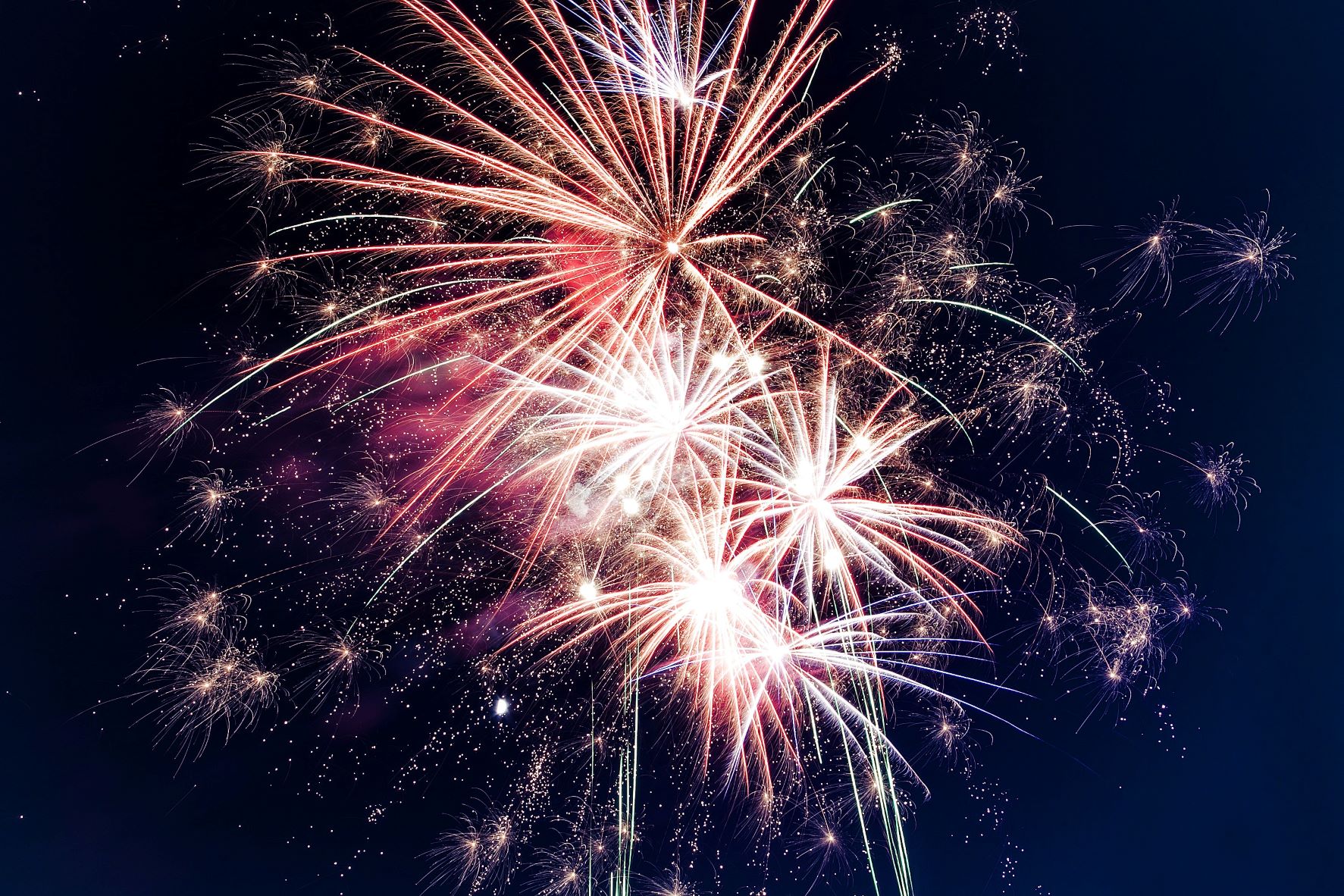
Happy International Translation Day!
September 30 is the feast day of St. Jerome, the patron saint of translators – and it’s also #InternationalTranslationDay. This year, we at Klein Wolf Peters reflect on how each of us got started in the translation industry and what the future holds for our chosen career path.
Colin Rae: You might think I got into translation because I love language, which I do, but really it was because I love puzzles. It’s like getting to look appreciatively at a painting before breaking it down into its component parts, then reassembling the image to make it accessible for people who see things in a different way.
As far as the future goes, machine translation will undoubtedly play a larger role. Still, I tend to think of it as the apprentice who works on rudimentary tasks quietly in the corner of the studio while the real artist continues to paint beautiful pictures.
Julia Harwardt: I originally wanted to apply my linguistic talent by studying for a degree in political science and East Slavic studies, but I decided I would find that too dry and theoretical. Then on a trip to eastern Ukraine, I was fascinated by the interpreter who accompanied our party and bombarded him with questions about his work. I quickly resolved to play to my strengths after all and now I’m here where I belong: with all the other amazing language nerds at Klein Wolf Peters.
After some initial anxiety about its future, our industry is now well placed to provide top support for all the changes being wrought by automation, artificial intelligence, and technical advances, which I’m sure will continue to turn our venerable profession on its head. And that’s no bad thing: after all, a little change never hurt anyone. Indeed, it also tends to result in exciting new insights and skills on both a professional and personal level.

Kristin Fehlauer: I never went abroad during my time as an undergrad in the US, and about two years after graduation, I decided it was time to have that experience. I got a position as an English teaching assistant in an elementary school in Rostock, Germany, and thoroughly enjoyed my time there. In fact, I enjoyed it so much that, even though I was looking forward to going home at the end of the school year to see my family, what I really wanted was to come back to Germany. As I was considering my (fairly limited) options for doing so, a fellow assistant asked me, “What about translation? I think you might really enjoy it.” Sounded like a plan! A few applications, one deferment and a two-year master’s program later, I was back.
That was 14 years ago. Back then, my first translation jobs were still printed out on paper and corrected by hand. I remember the adjustment it took for me to get used to working with translation software that could store huge volumes of previous texts. And now with the advent of AI, my job is changing again. I imagine that our work will shift more to writing the texts themselves and to a consulting role—explaining how an AI-generated translation will be received by the reader and why we need to make changes to it.
Solveig Rose-Mollard: When I finished high school, I had a decision to make: a career in languages or technology? As teaching was a non-starter, I was about to dive into the world of engineering when I came across the professions of translator and interpreter. Did I want to learn something new every day? To delve into all kinds of topics? Was I willing to pursue the third most stressful job in the world – conference interpreting – and be counted on to magic elegant phrases into the microphone under enormous time pressure? A dream come true.
But it was only once I had set out on this journey that I became aware of just how much both these disciplines call for linguistic dexterity and flexibility. There’s no one way to translate something. Depending on what the text is meant to do, there are hundreds of ways to render it in the target language – and that only amplified my enthusiasm for this career. Demand for language professionals is very high in the technology sector, and there’s more and more technology for us to master in what we do. Now, having worked in this industry for a while, I realise that the path I’ve chosen is not an either-or, but the best of both worlds – and one with a bright future.

Richard Peters: René Descartes came close to describing my relationship with translation; if he’d written “I translate, therefore I am” he’d have hit the nail on the head. Translation is all around me, translation is my element, it is the air that I breathe, the words I speak, the most fleeting of thoughts and my obsession. Footballers must kick a ball, painters must paint, singers must sing, and I must translate. Translating puts me in The Flow: I’m at one with the universe, reality melts away, and I am left contemplating how to express pure thought. In short: I quite like it!
That said, my decision to translate for a living came far later than one might imagine; I’d always shied away from it as a career, preferring to apply my language skills directly in industry. But when I did finally get a job in the language industry, it was truly a homecoming. Wherever translation goes in this brave new world of artificial intelligence, interconnectedness and big data, I will follow. As long as humans exist, they will think. And they will want to exchange those thoughts. And I’ll be there to help those thoughts bridge whatever lies between.
Maria Wolf: It wasn’t love at first sight: I wasn’t hungry for language until I started to eat.
Initially I just wanted to improve my French, if at all possible in combination with a useful qualification. But the deeper I delved into language – that imperfect medium with which people attempt to express their existence, their thoughts and desires and yet which leads to so many misunderstandings – the stronger became my urge to apply my own language skills to mediating between and connecting people. I could be a translator who, in her lonely workshop, punctiliously dissects messages and meanings in the source text before rendering them in the target language to create an edifying and enjoyable reading experience; or I could be an interpreter who, at lightning speed, must grasp, process, and spit out sentences that make sense to the listener, with no chance to fix just-made mistakes, but is at least in pleasant company. Each path had its appeal, but it was in the combination where I found my calling.
Neural translation machines are getting better and better. But I believe there is still hope for humans in our career: as long as people still manage to misunderstand each other even when speaking the same language, then it’s highly unlikely AI will replace those of us who devote their lives to bringing people of different languages together.


